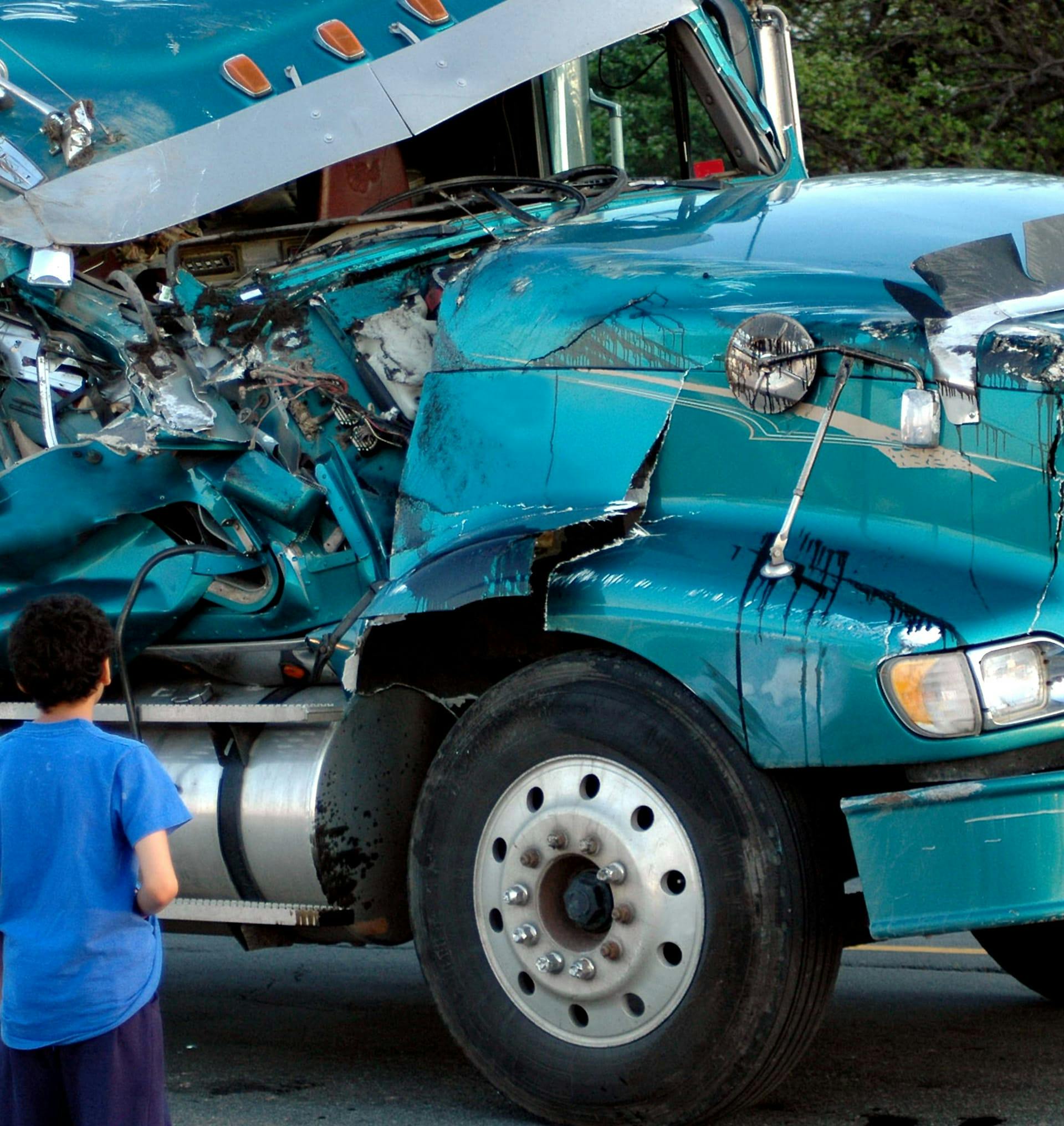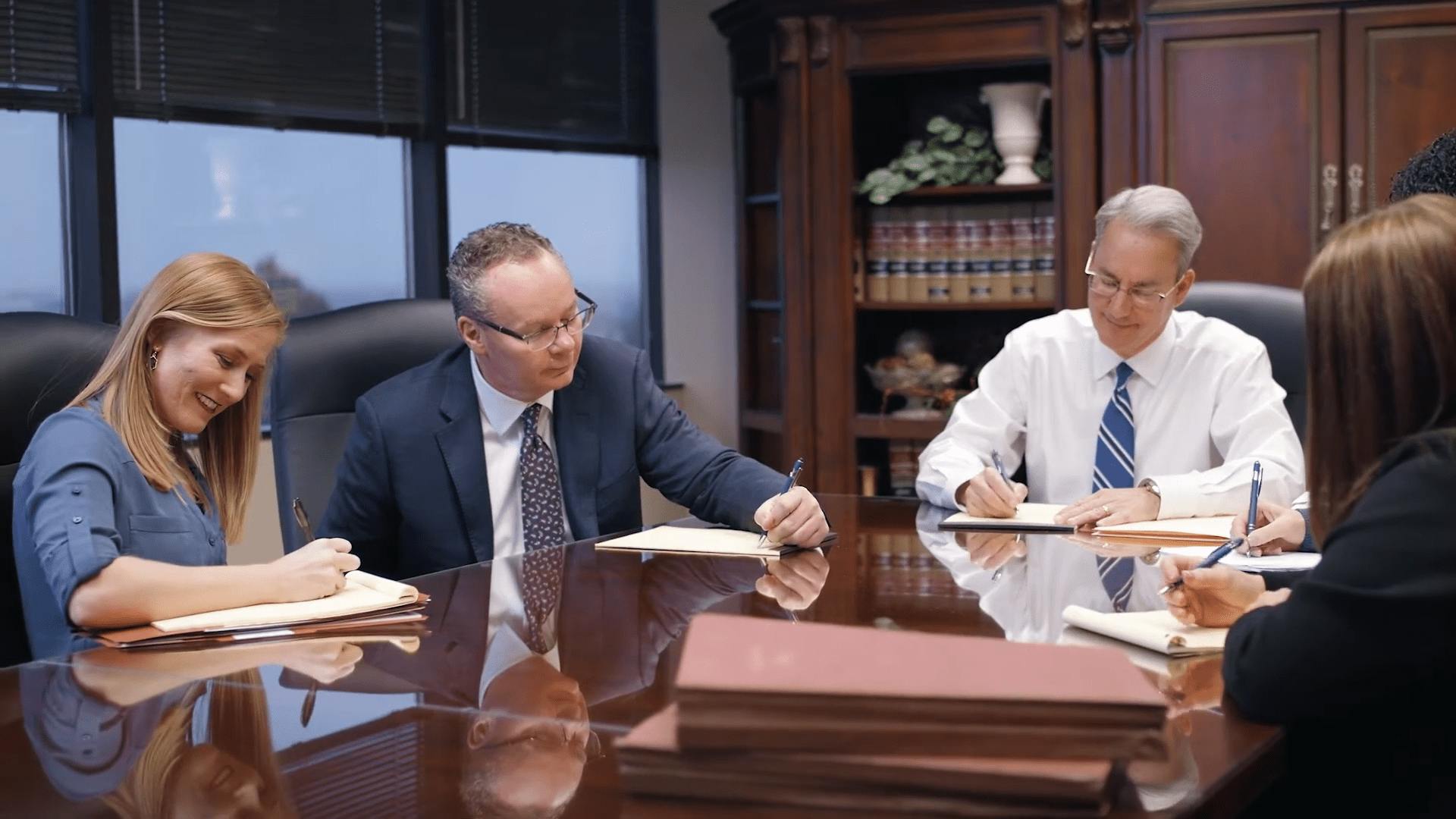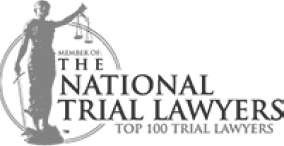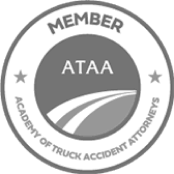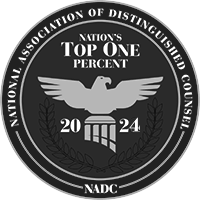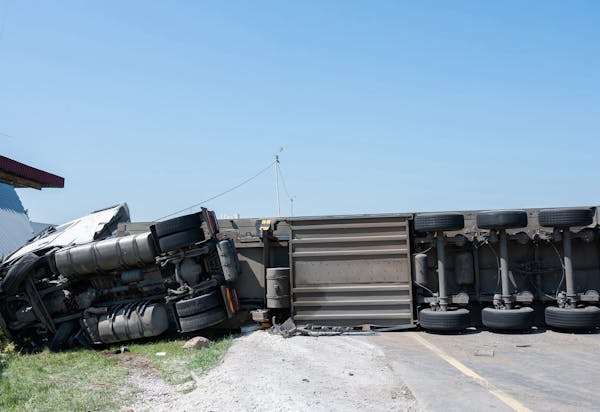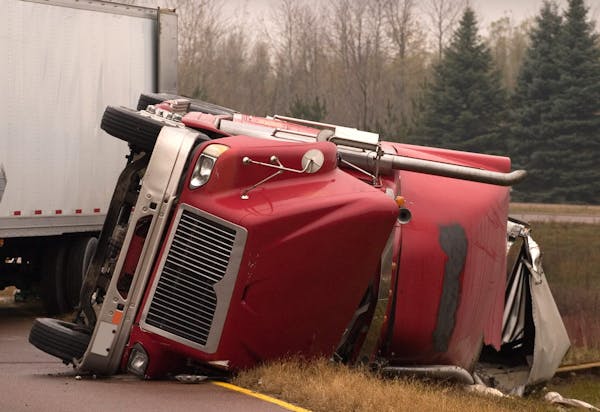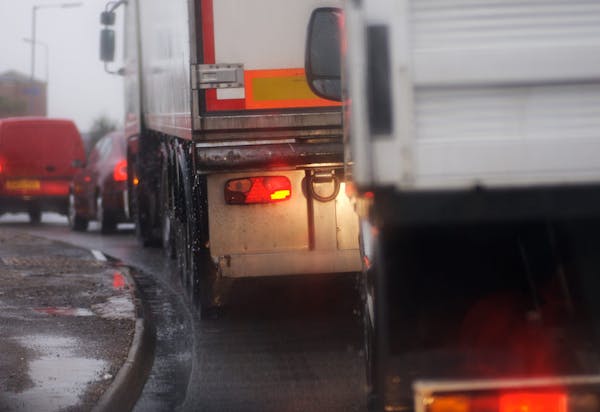Truck accidents can be devastating, causing severe injuries and significant property damage. If you've been involved in a collision with a commercial vehicle, you need an experienced truck accident attorney in Oklahoma City to protect your rights and pursue fair compensation.
Stipe & Belote: Defending the Rights of Oklahoma City's Truck Accident Victims
The Law Offices of Stipe & Belote focus on truck accident cases, providing expert support for victims and their families. Our attorneys deeply understand the intricacies involved in these incidents, including federal regulations, industry standards, and the strategies trucking companies employ to avoid responsibility.
With more than 50 years of combined experience, the Stipe & Belote team has achieved numerous million-dollar settlements and verdicts for injured clients in Oklahoma City and the surrounding areas. Contact us today to schedule a consultation and learn how we can help you navigate the aftermath of a truck accident in Oklahoma City.


